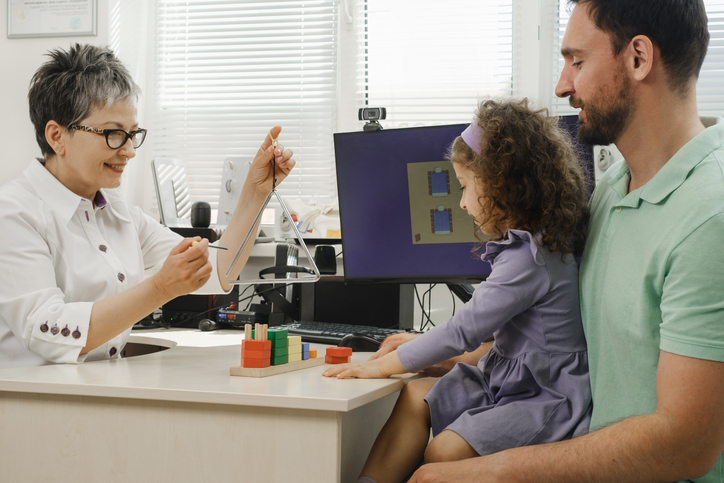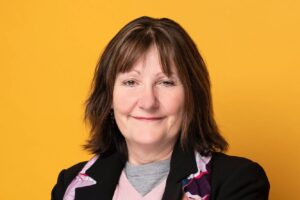
Since 2009, the Australian Early Development Census (AEDC) has identified a troubling trend in the decline of childhood development in South Australia, particularly among ‘middle-class’ families.
Many children are not receiving the recommended number of developmental screenings before they begin primary school. Furthermore, parents and carers are not utilising developmental screening and child health check services, which is placing children at a higher risk for developmental issues.
The “Enhancing Health and Development Outcomes for Children Aged 0-5: A Nurse Practitioner-led Routine Healthy Development Assessment” project led by Flinders Caring Futures Institute’s Associate Professor Yvonne Parry and Dr Matthew Ankers was piloted to address the issue.

The South Australian Department for Education was a key collaborator on this project, providing funding and support to develop the program. Goodstart Early Learning Centres were industry partners and facilitated the health checks and developmental screenings.
As of August 2023, 1,000 children between 0 and 5 years of age were screened by Nurse Practitioners and Registered Nurses in Goodstart Early Learning Centres across South Australia.
“Using the Brigance developmental screening tool, we’ve identified over 300 instances of developmental delays, prompting crucial referrals for specialised support services like speech pathology, occupational therapy, and pediatricians,” remarks Dr Matthew Ankers, underscoring the project’s significant impact on early childhood development.
This research builds upon Associate Professor Parry’s earlier work, where she developed a Nurse Practitioner-led model of care service specifically designed for children and their families living in homelessness. This earlier initiative addressed unmet healthcare and access needs within a specialist homeless service. The critical protocols for health assessments and data collection methods used in the current project were established during Associate Professor Parry’s previous research. Additionally, her work pioneered the process of embedding Nurse Practitioner services within multiple community settings, laying the foundation for the current project’s success.
“Early intervention in childhood development is paramount, as it profoundly shapes adult health and life outcomes. The project’s health assessments and developmental screenings play a pivotal role in ensuring a brighter future for our children by identifying and addressing challenges early on,” explains Dr Matthew Ankers, co-leader of the project.
Parents and childcare centre directors have responded positively to the project, with its associated outcomes of improved access to care and reduced waiting times for services.
Stakeholders include the South Australian Department for Education, Goodstart Early Learning Centres, and participating families. The project aligns with the Caring Futures Institute’s goals of improving lives, addressing social determinants of health, and promoting social care in the community.
The pilot marks the first-time extensive data has been collected from presumed healthy children without prior health or developmental concerns.
“We’re not just identifying issues; we’re supporting families in accessing essential services like NDIS and referrals to other healthcare professionals,” stresses Dr Ankers.
The long-term impact of this research is practice change and improving children’s quality of life by addressing their health and developmental needs at the community level. It has the potential to inform policy, train professionals, and change behaviours to prioritise early intervention and support.
The Caring Futures Institute would like to thank the families and children who participated in the project, who were instrumental in its success.

